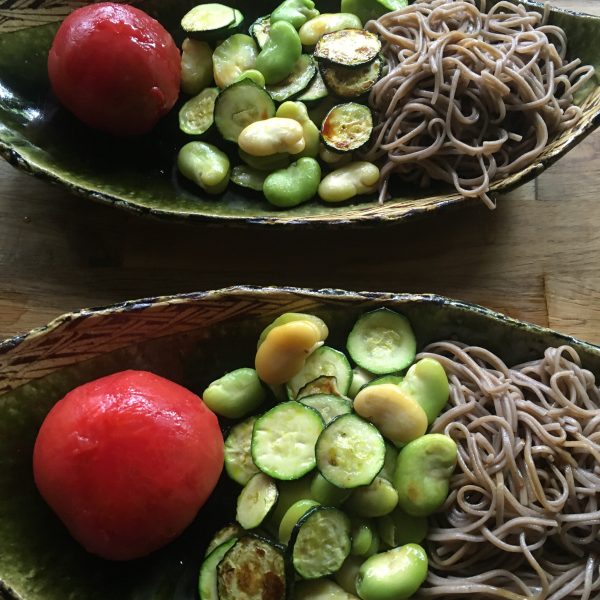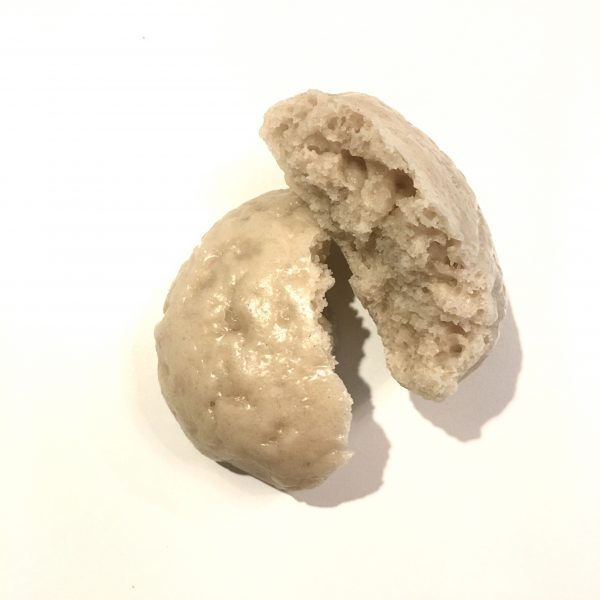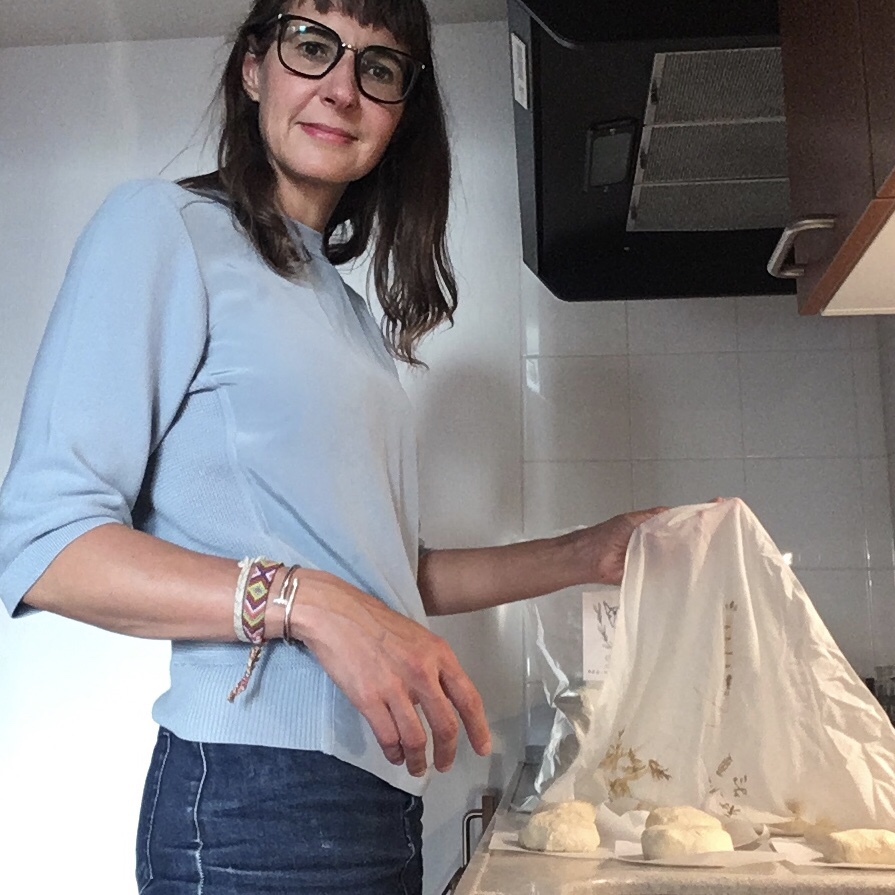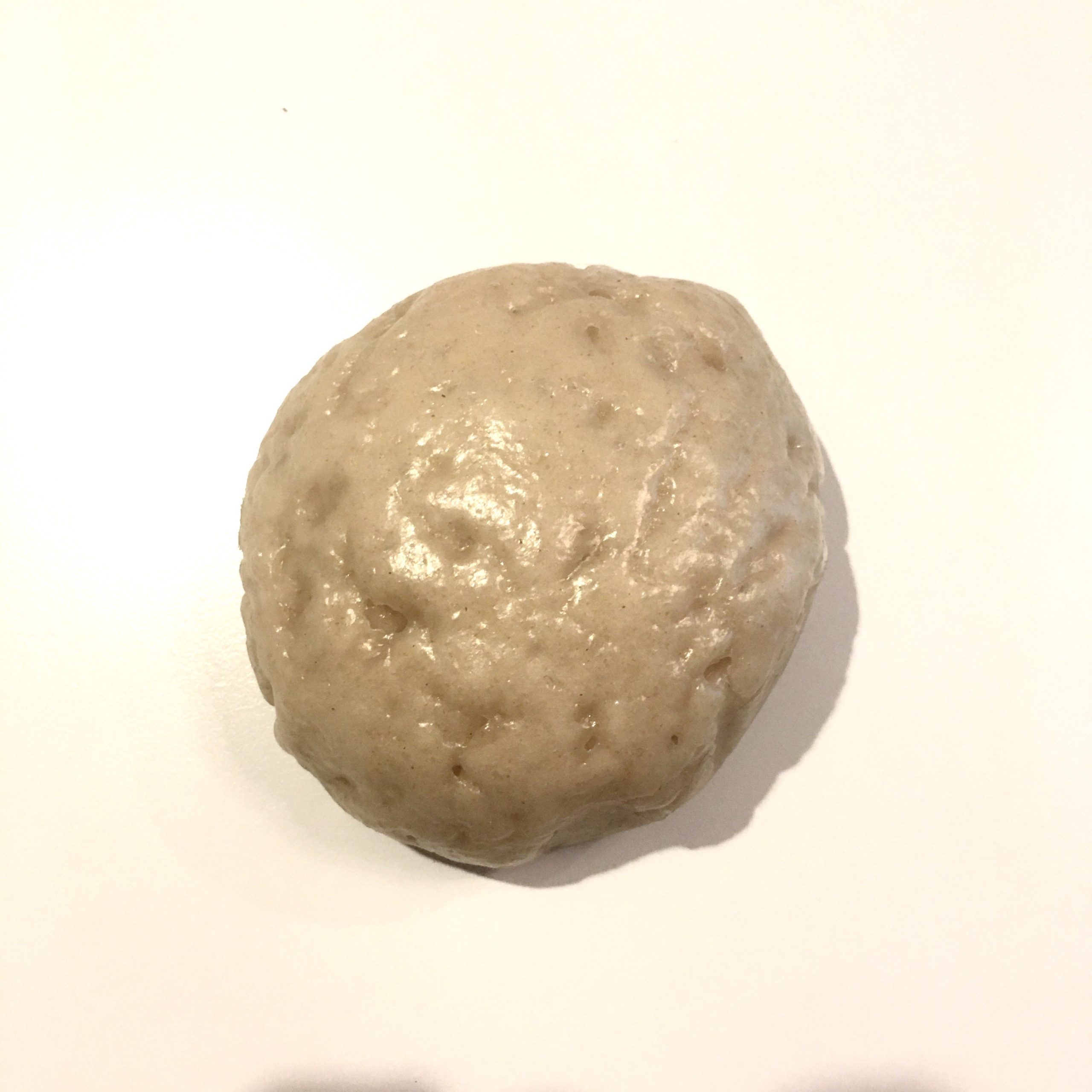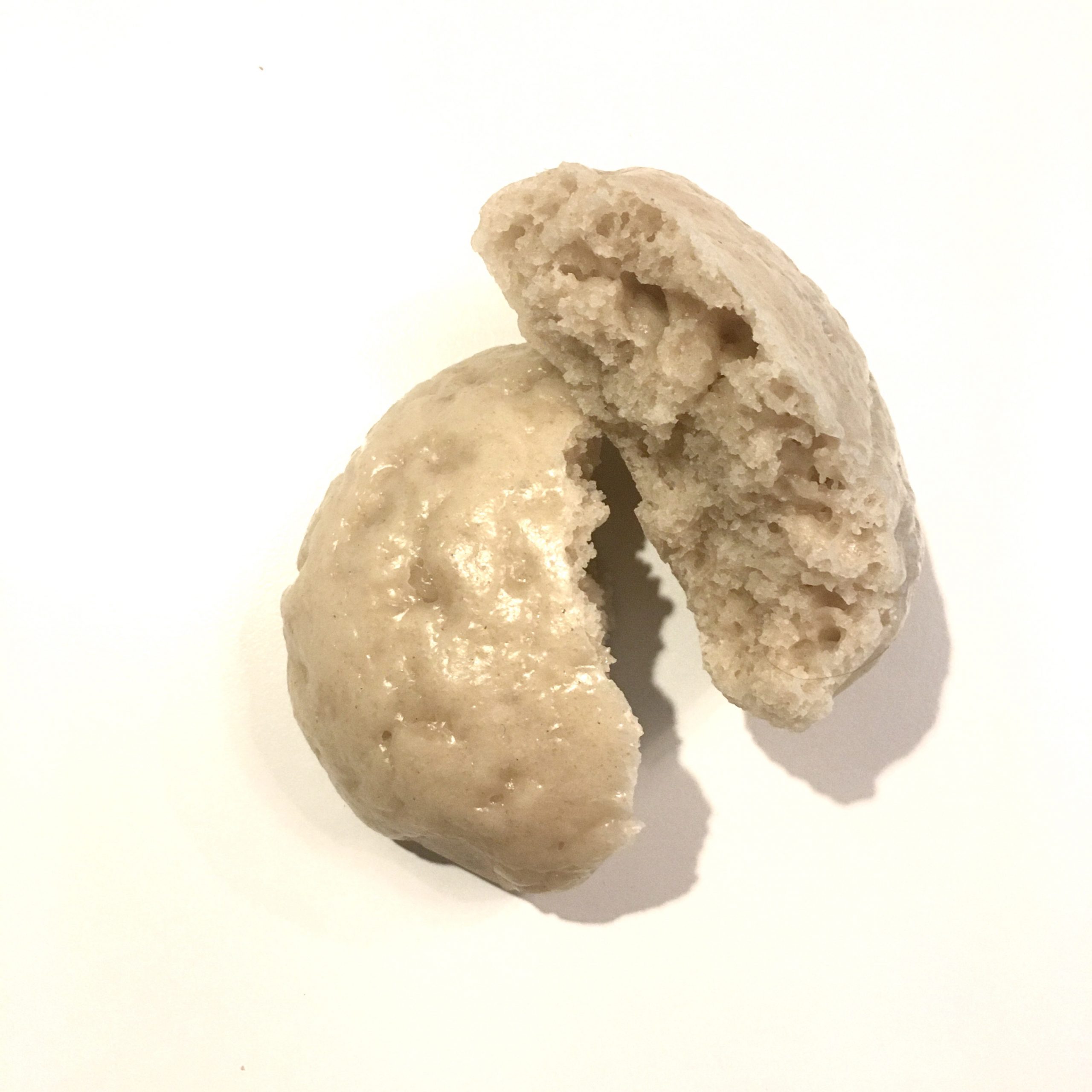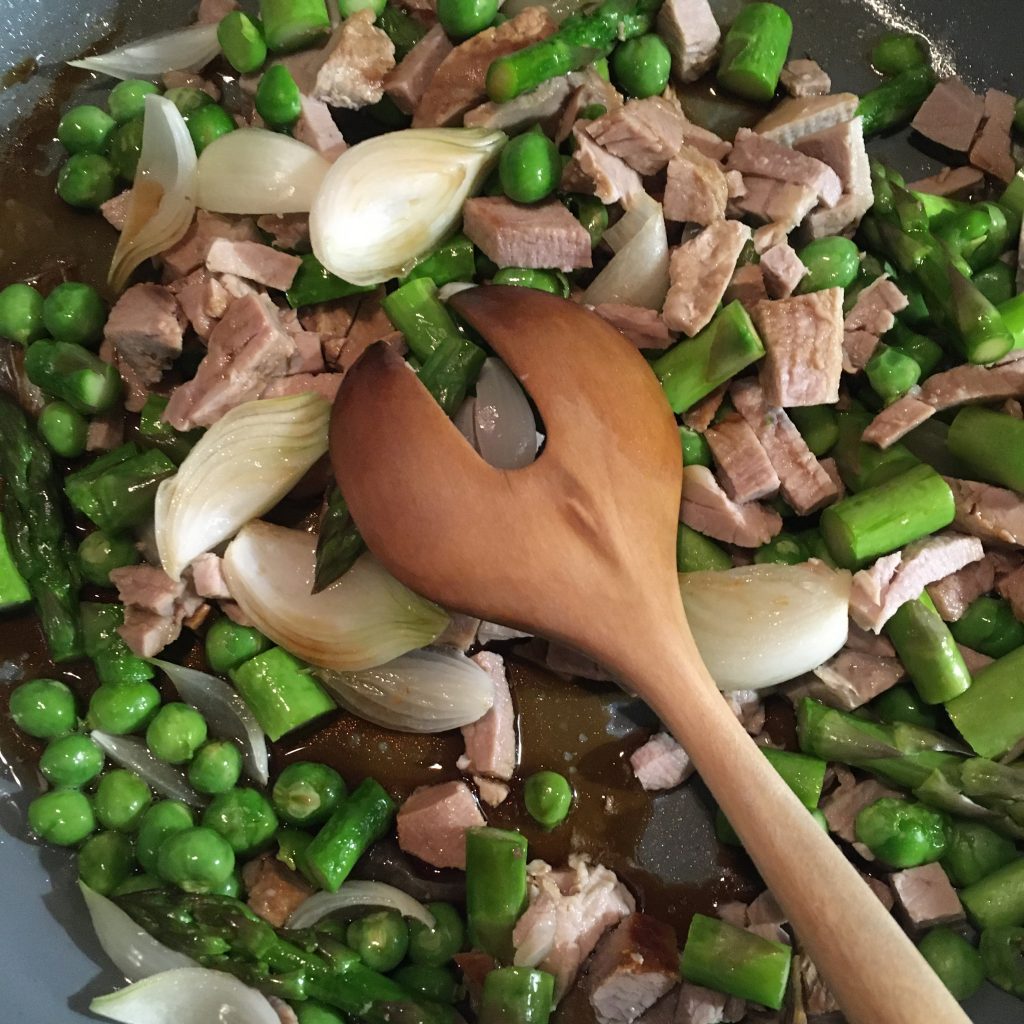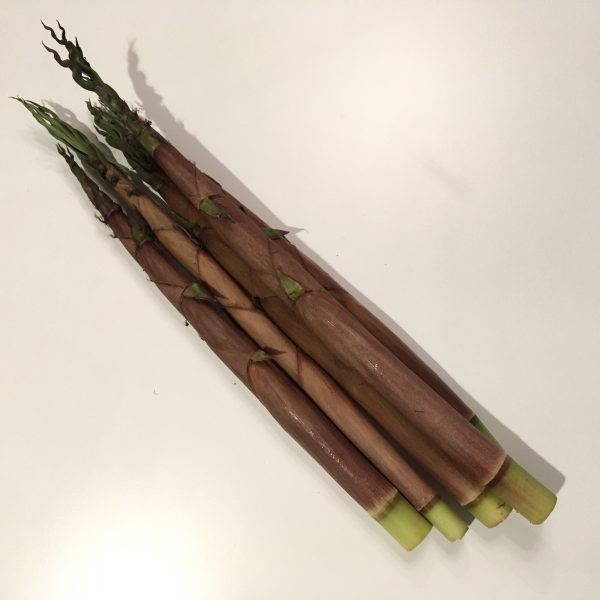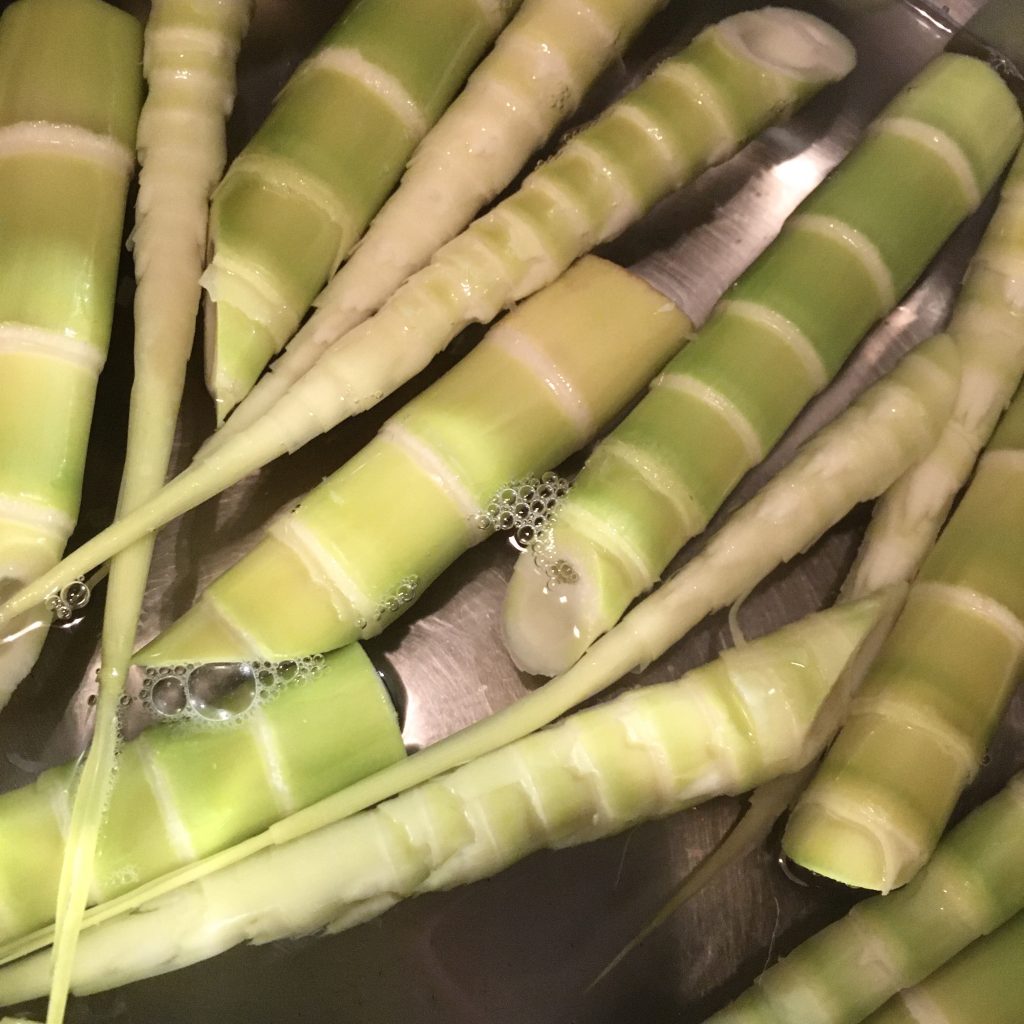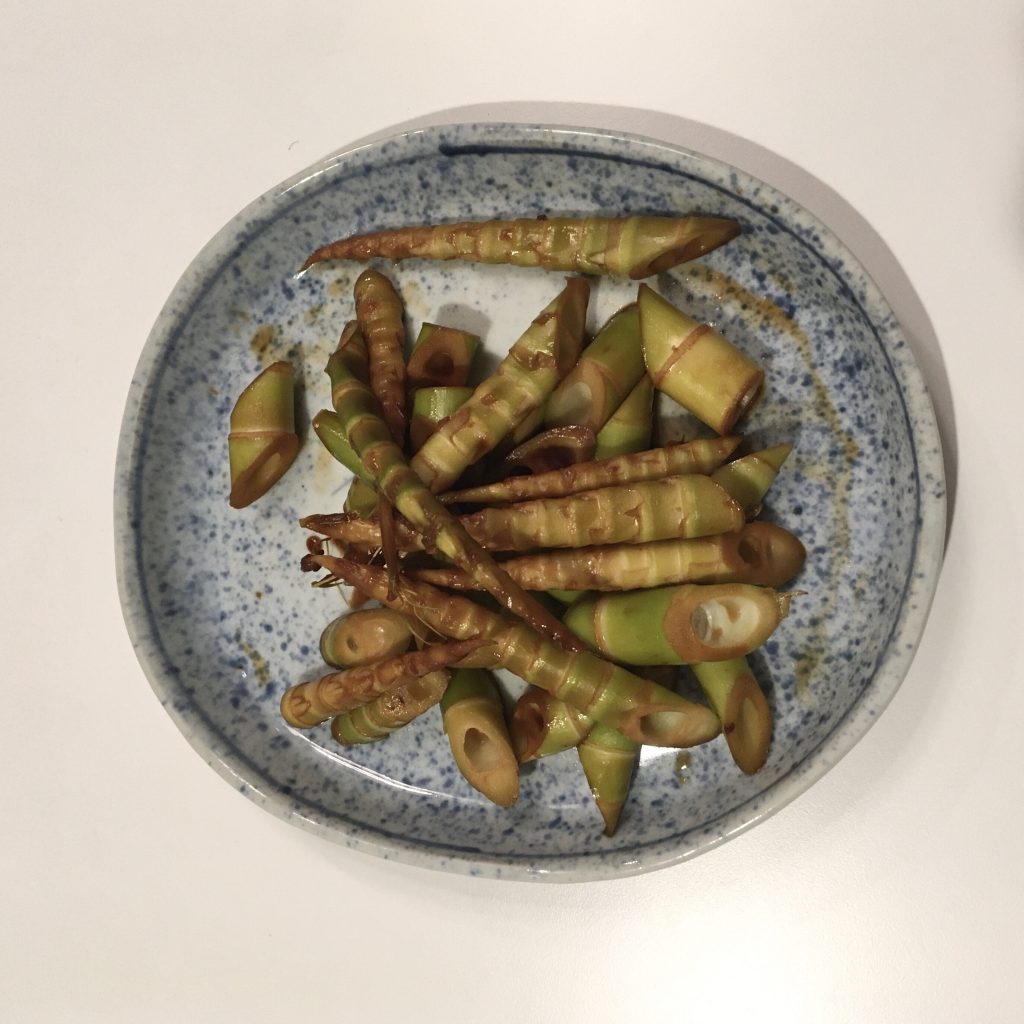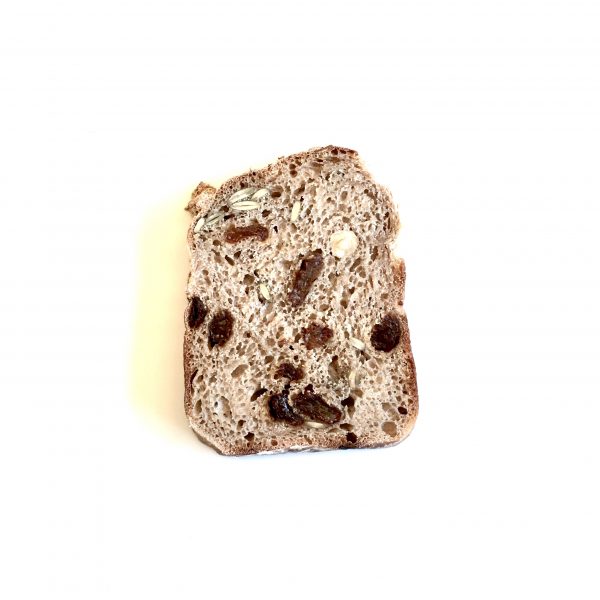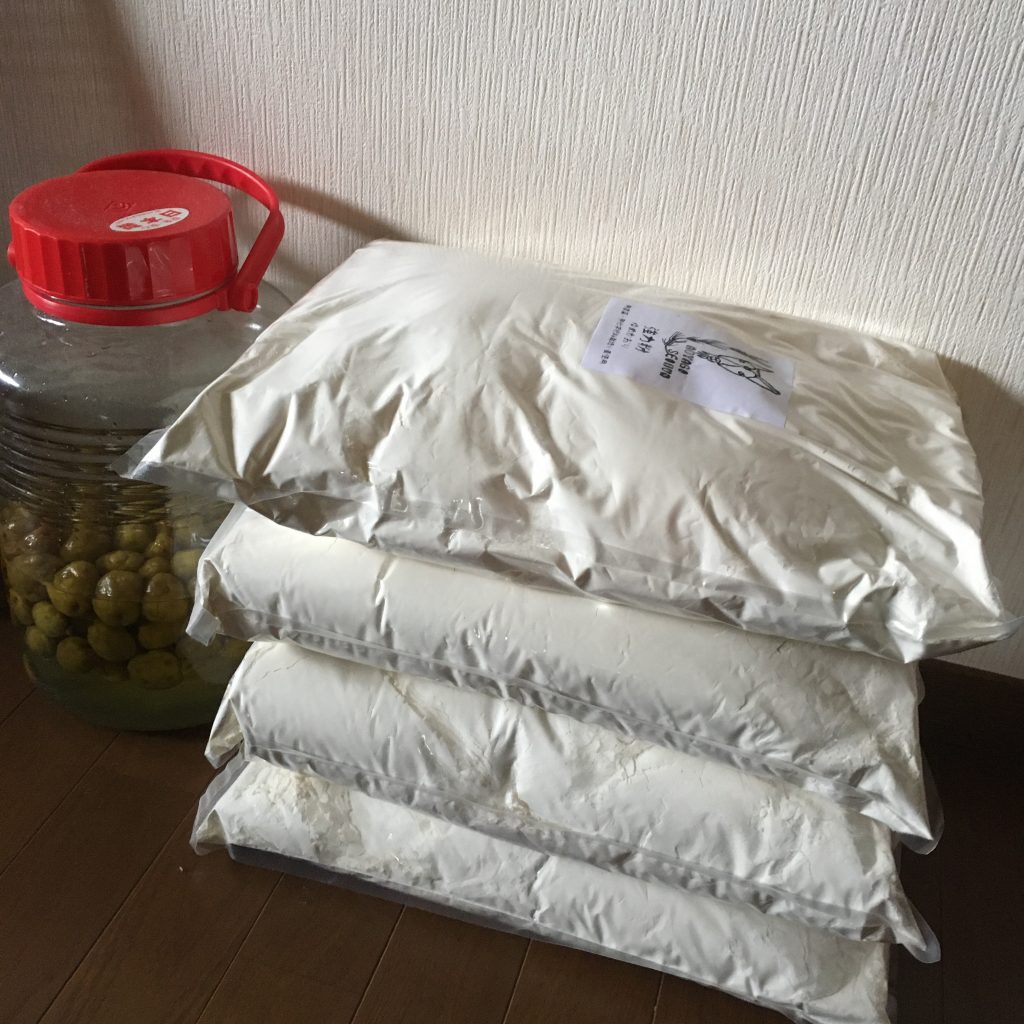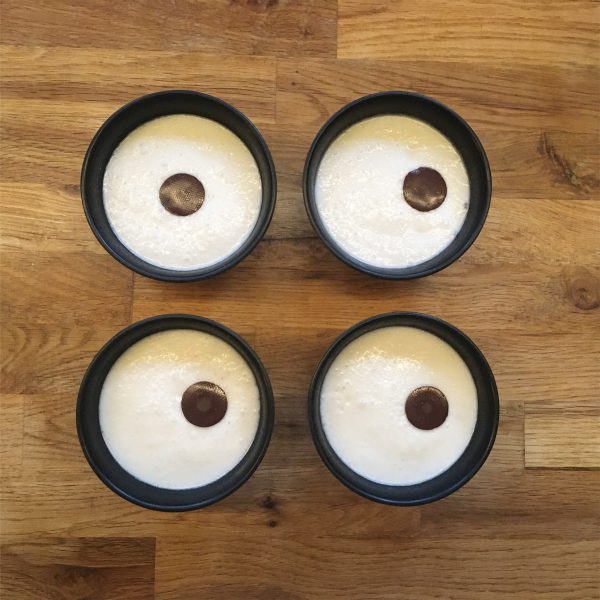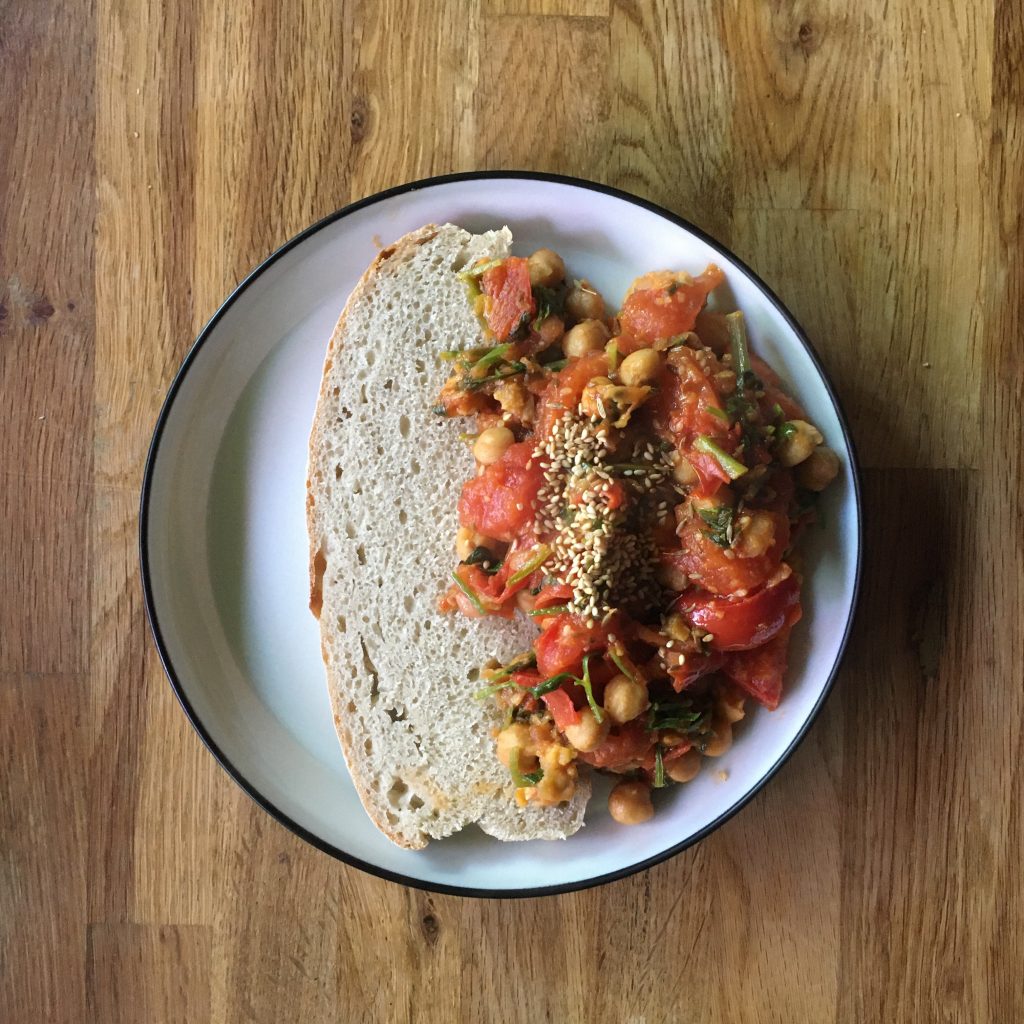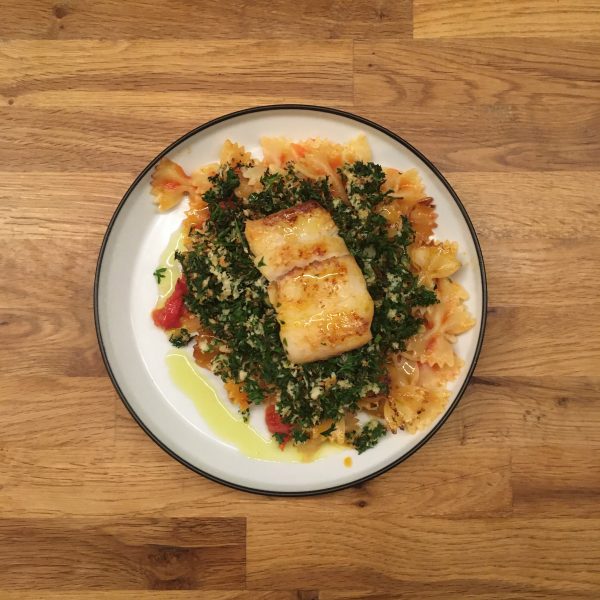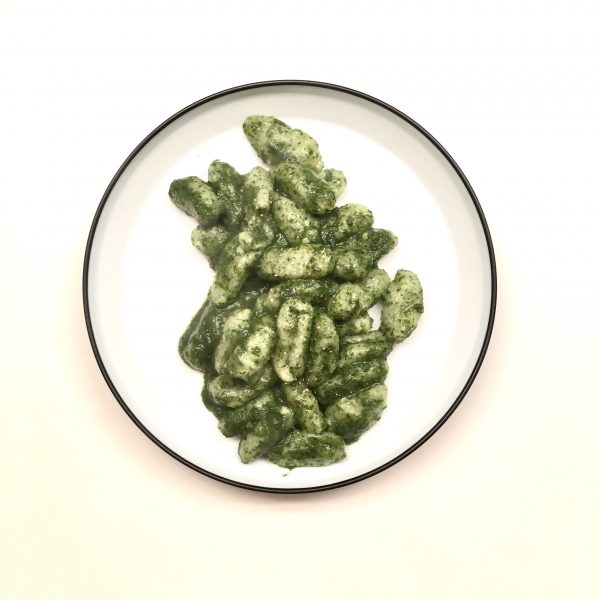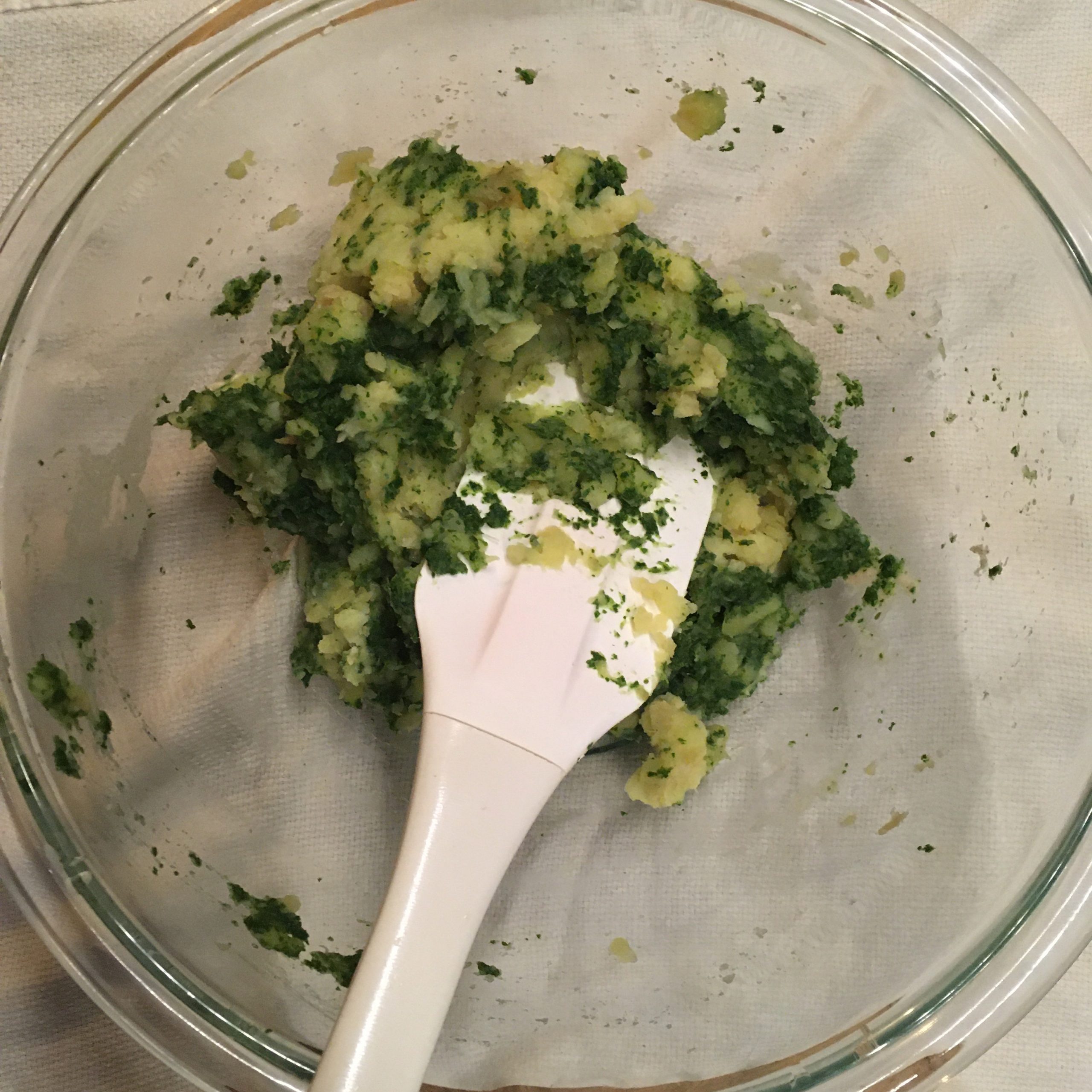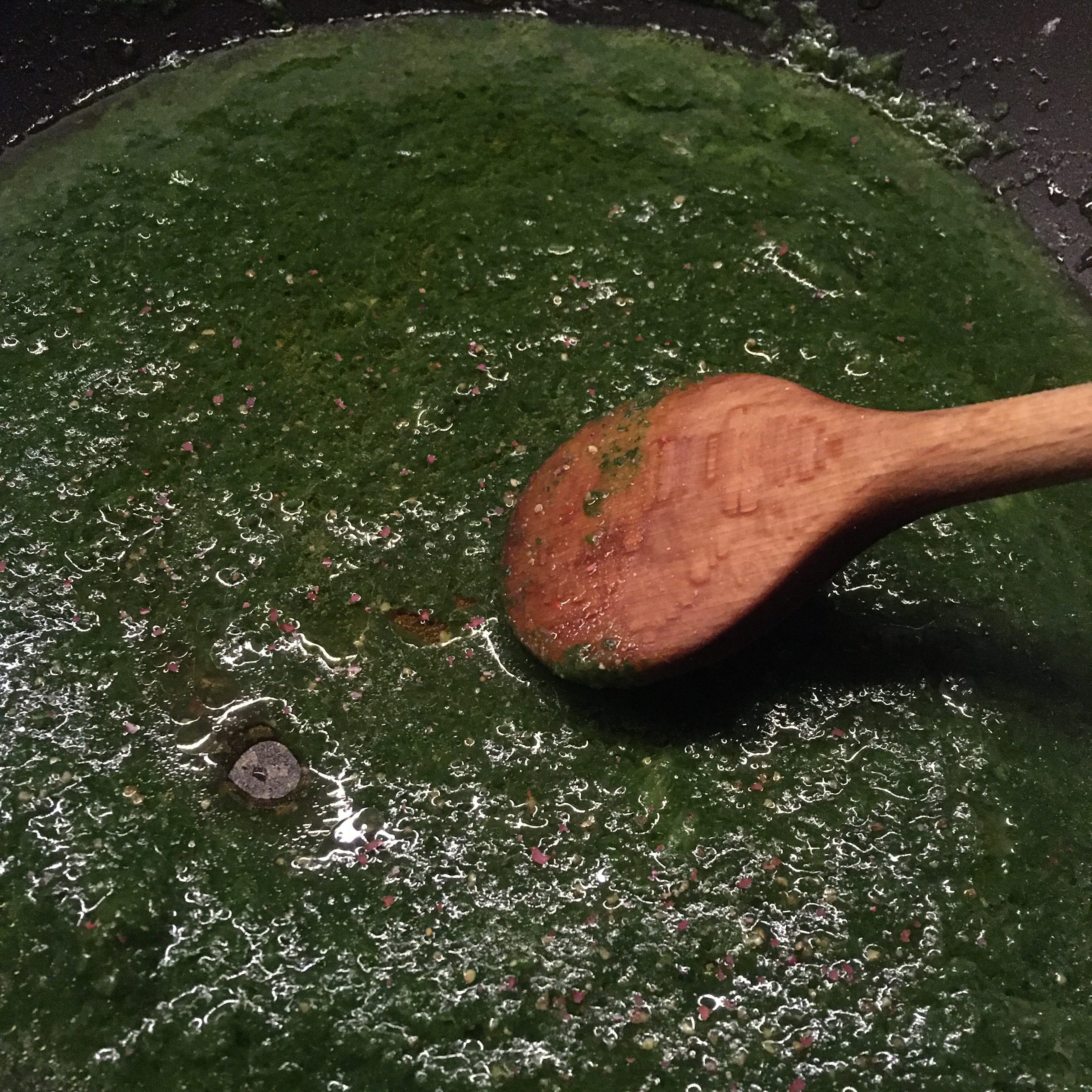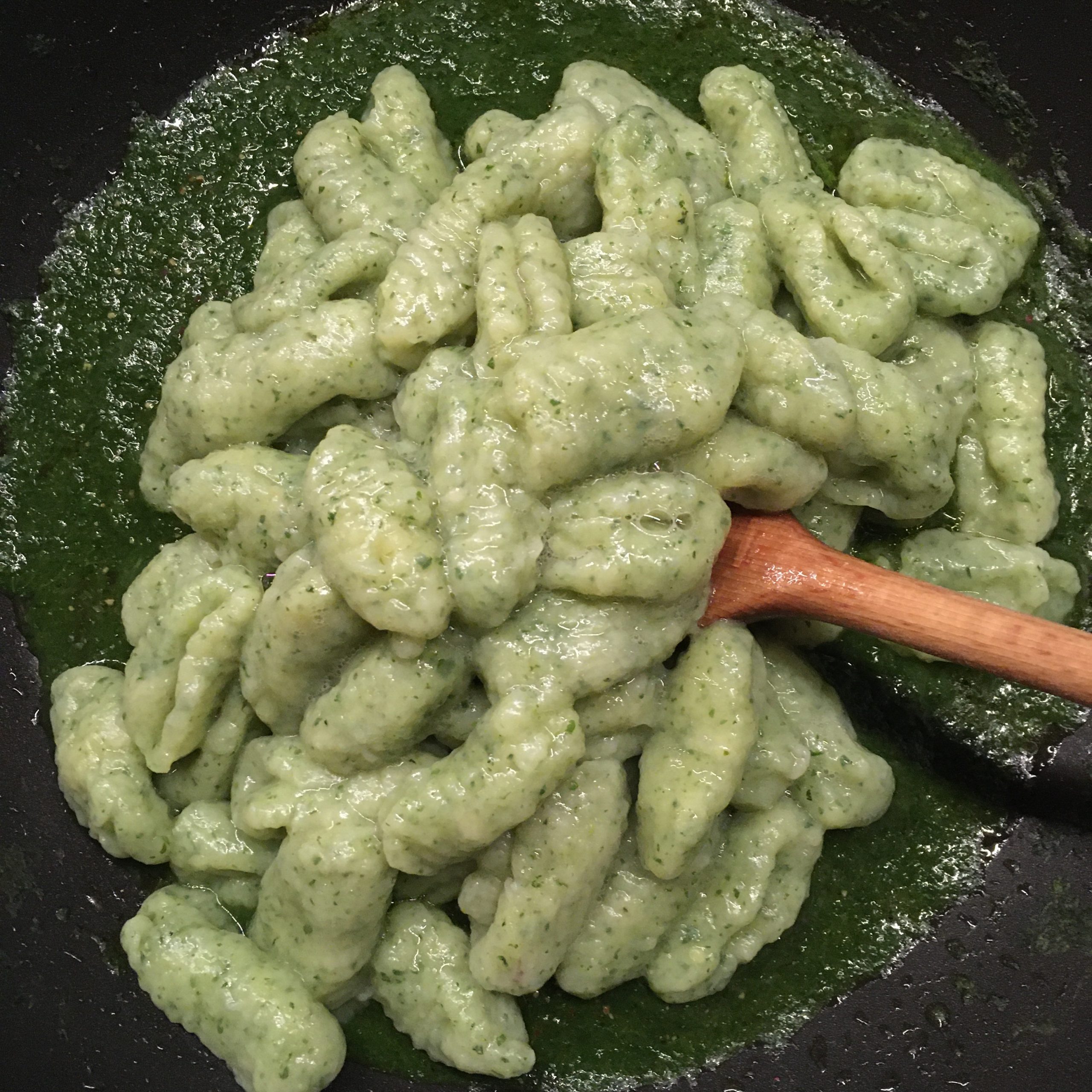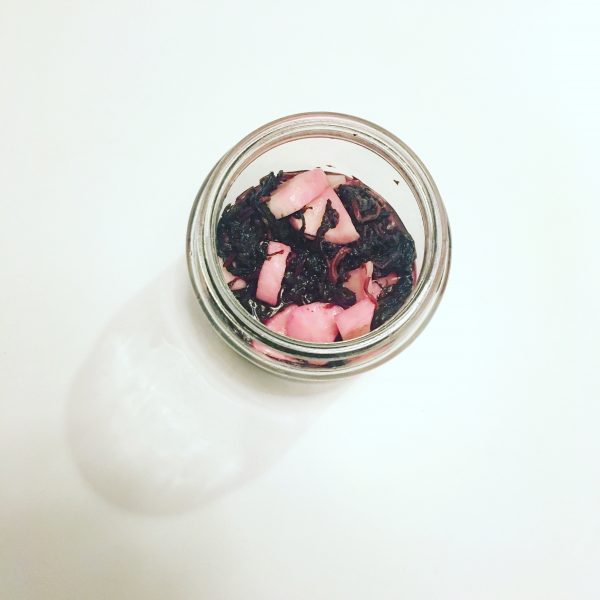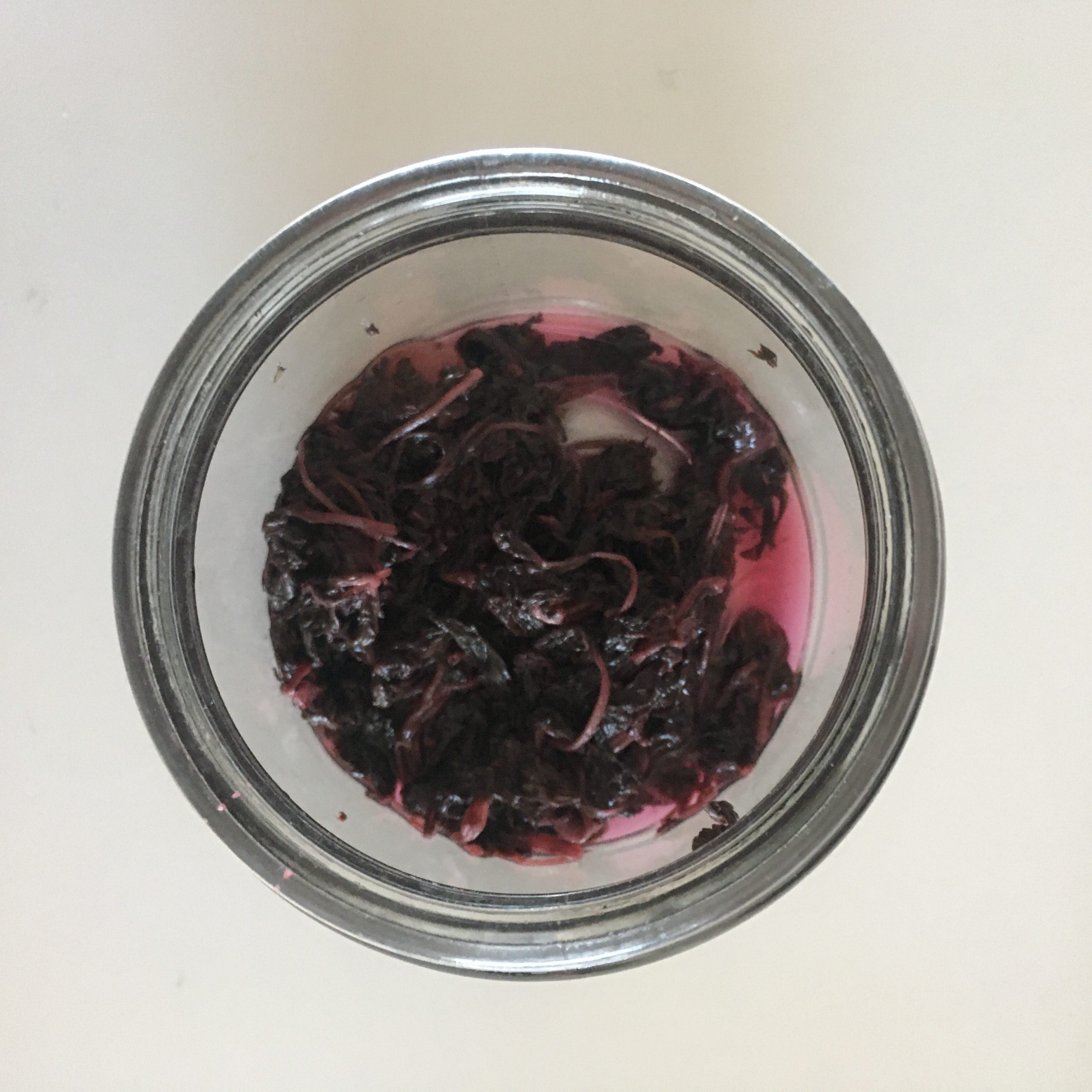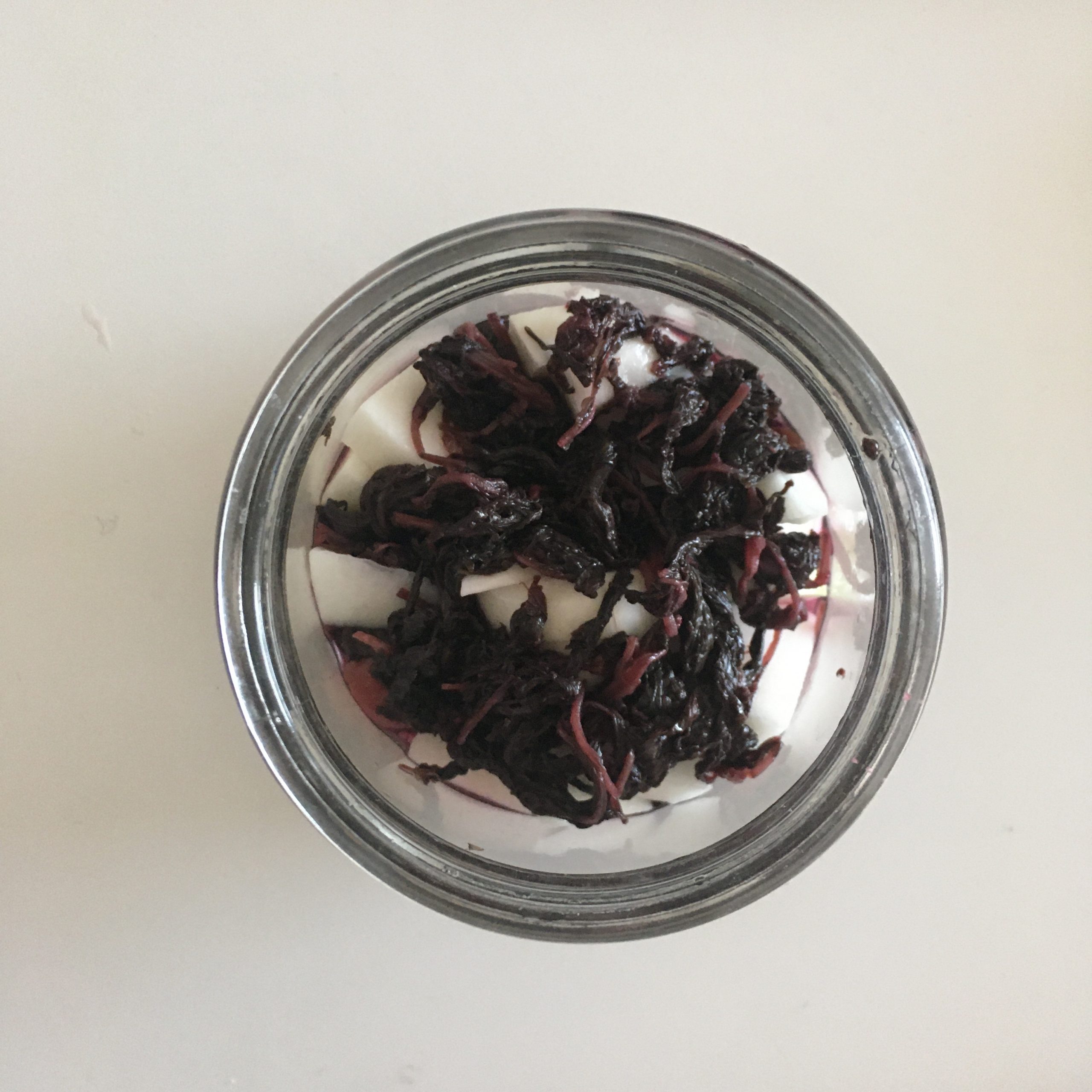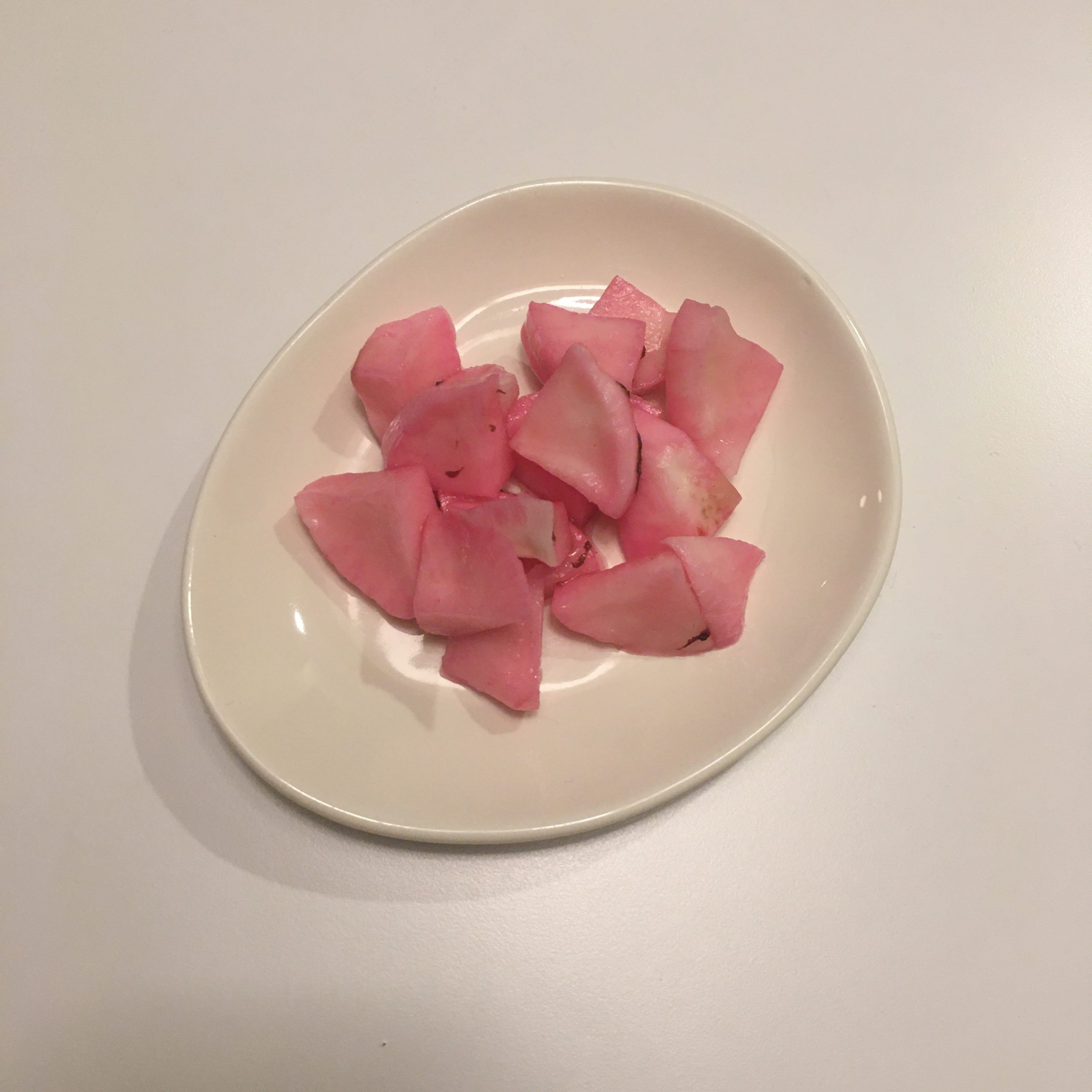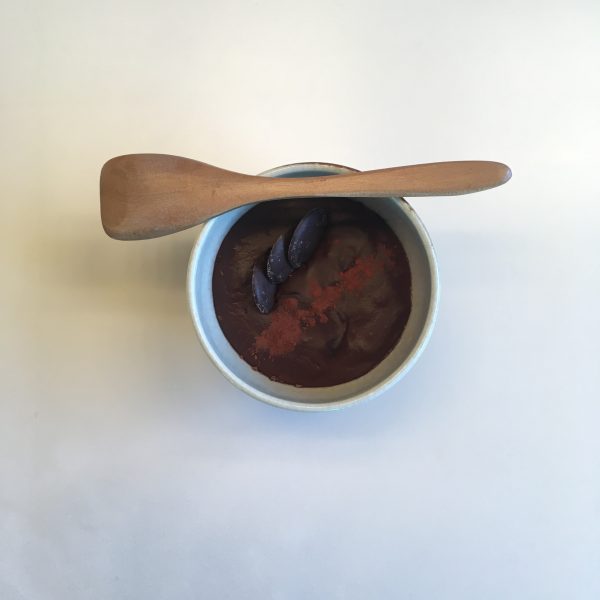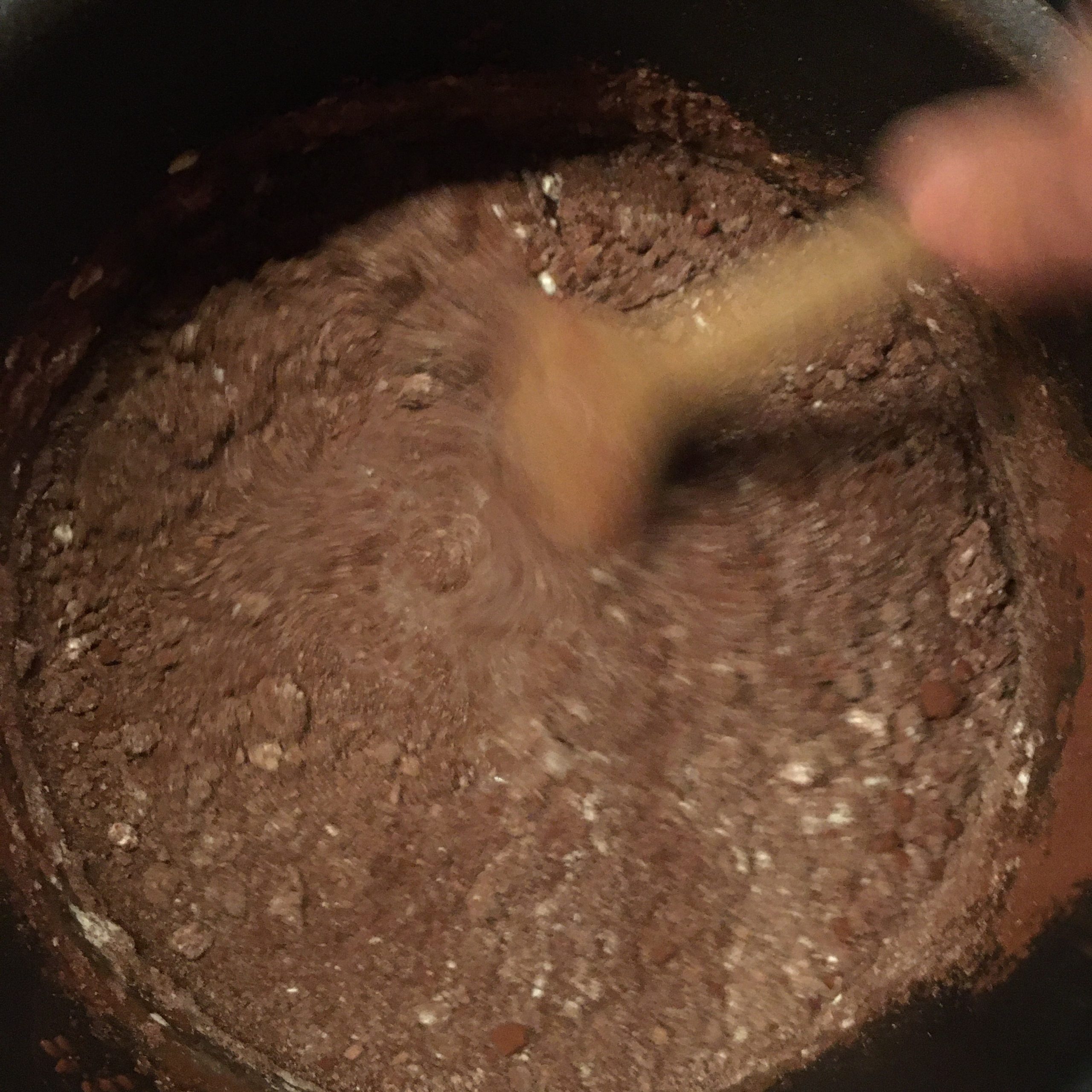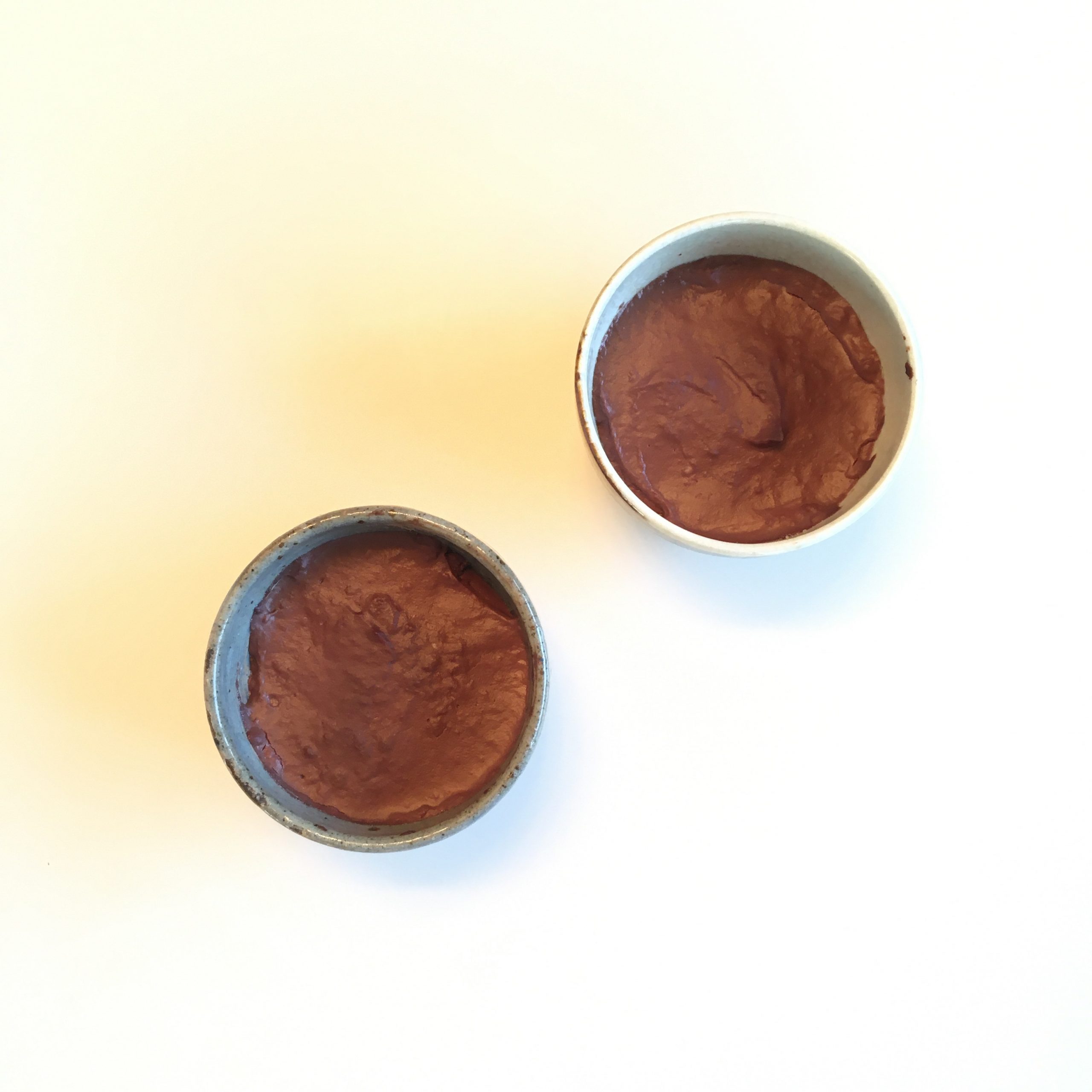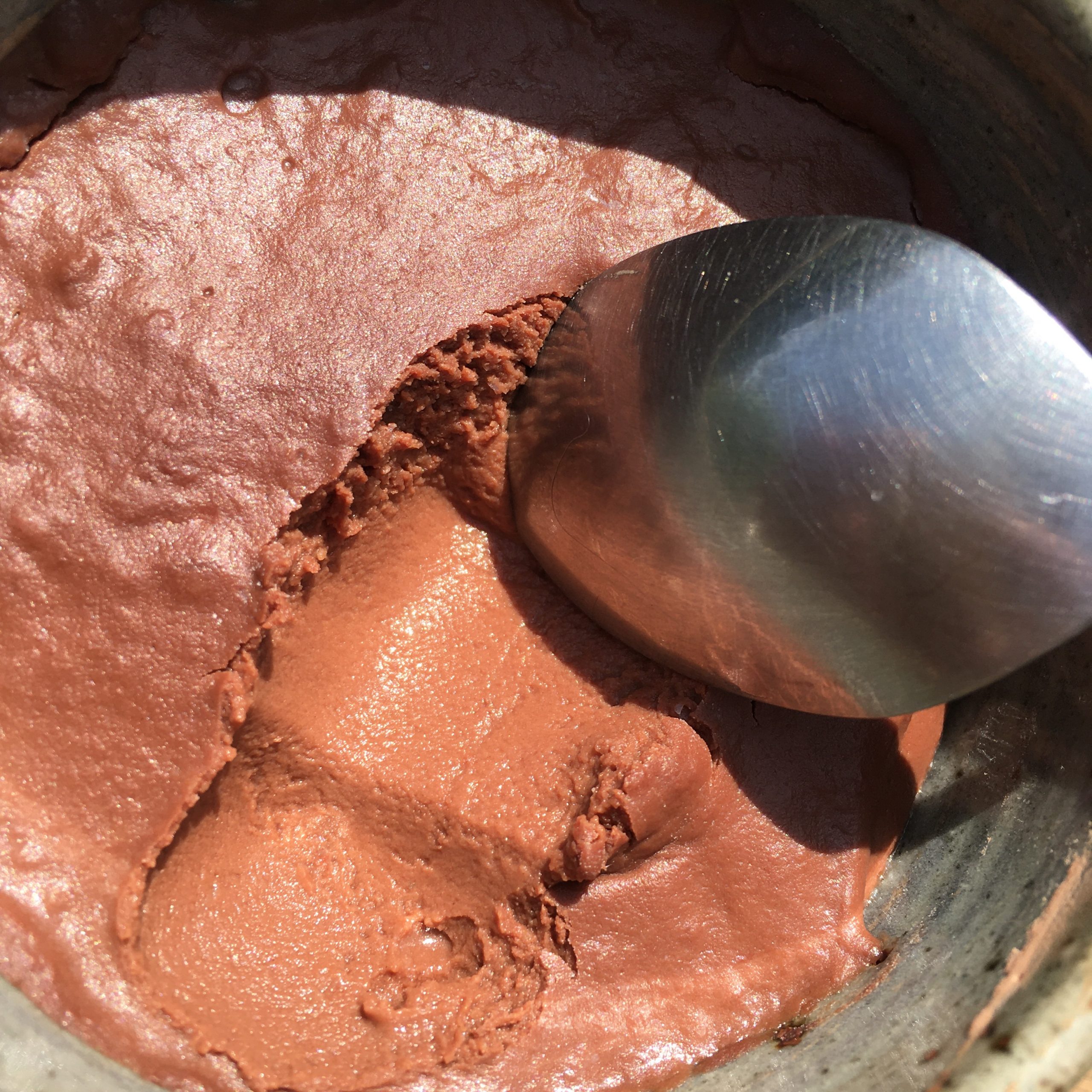The end of May in Ohara is a beautiful season. The greens on the hills change from fresh greens to rich ones and the paddies from the typical yellow green if very young rice plants to a beautiful shamrock green. It is also the beginning of the rainy season, of hydrangeas blooming and warmer days. At bight it is possible for a few weeks to see fireflies.
Japanese have something for fireflies 蛍 hotaru. I didn’t recall seeing fireflies often as a child, a rare few times in Lozere, but not much. And since we moved to Japan and went to see fireflies at Chizanso in Tokyo with our friend I. who always had the best info about things to do, I kind of understand the sweet magic and the kind of nostalgia they bring. Seeing fireflies at Chizanso was great, but it is an orchestrated event when they release fireflies in the garden. While the magic is there, the artificiality of it is hard to neglect. It’s like seeing lions in a zoo…
In Ohara we are blessed with rather clean streams of water and great nature (I can’t say it is everywhere when I see the palettes of glyphosate at the garden center…) and we can see fireflies in their ecosystem. We first saw some in our garden one Sunday night, and since then every year we go for a walk when the season comes. And for sure with a bit of patience and the habituation to darkness you can spot a little green light blinking. If we want to be lazy, we walk to the nearest stream in the paddies, and there we can see plenty.
The fireflies season is the perfect transition between the end of spring and the beginning of the summer. It brings many greens in the plate broad beans and zucchini. Tomatoes from the green house that are ripe, sweet and juicy. It inspired me for the recipe of the simple plate on the top picture: soba, fava beans and zucchini in soya sauce and a peeled tomato, also with soya sauce. I love when the juice of the tomato mix in the soya sauce, eaten together with the cold soba it is divine.
